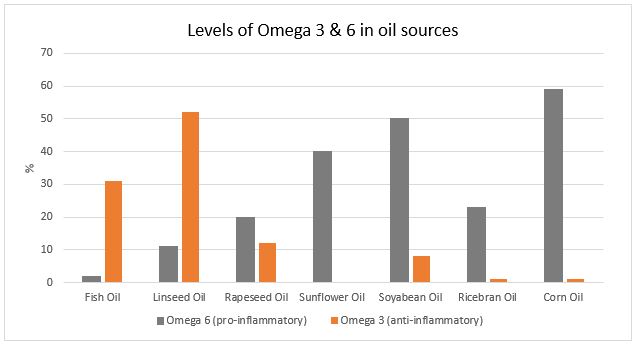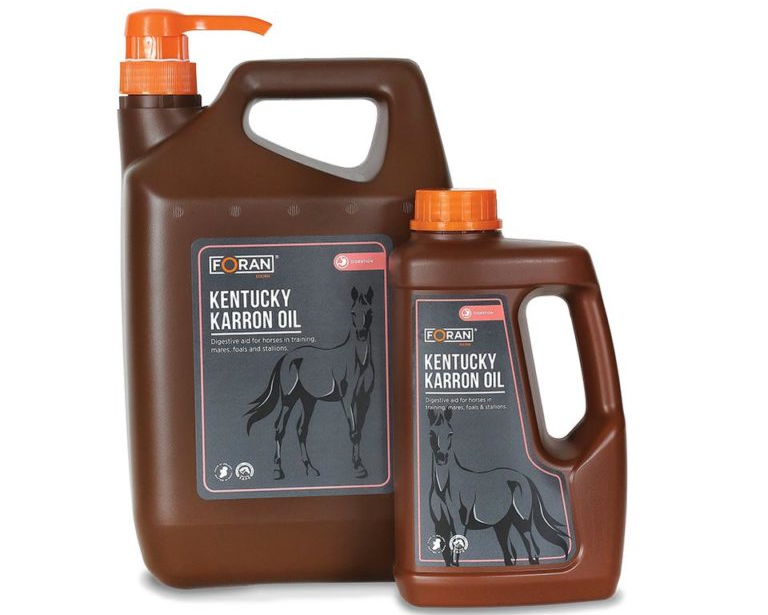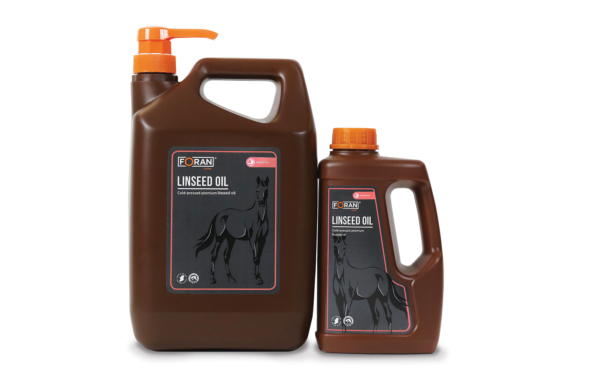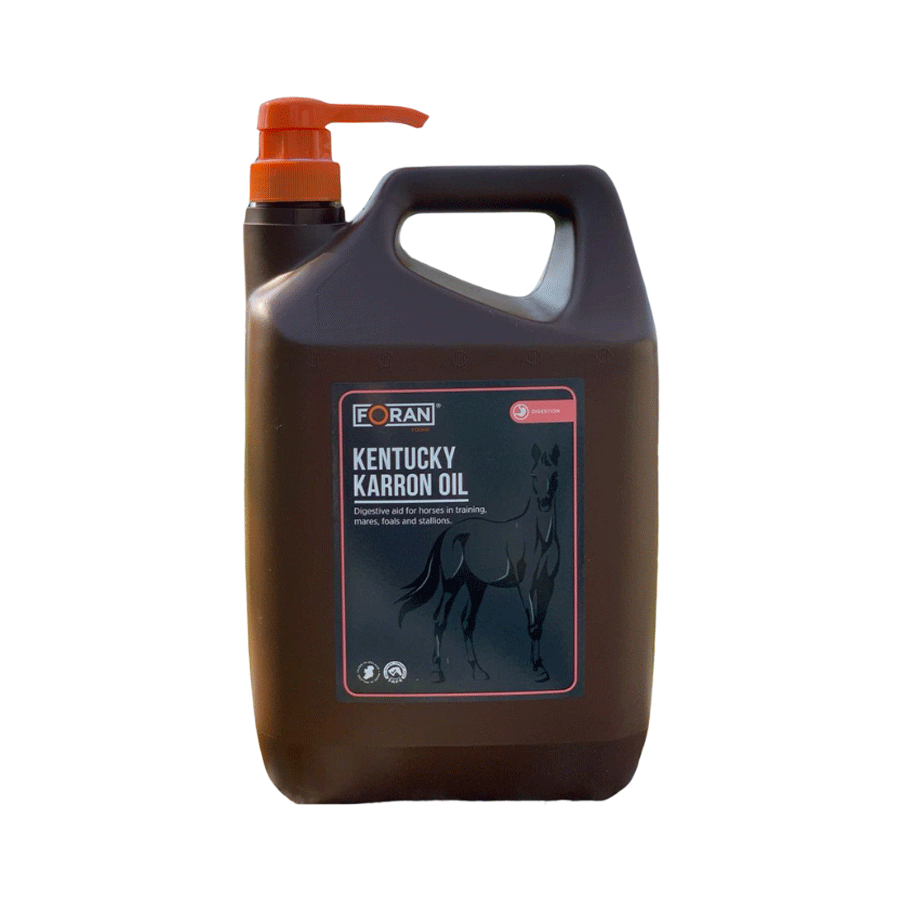Linseed Oil
Cold pressed premium linseed Oill
View ProductAs a horse owner, there is a common belief that incorporating oil into your horse’s diet is beneficial, but it’s essential to understand the reasons behind this practice beyond just improving their coat. Many horse owners are uncertain about which oil to use and why. Often, they opt for vegetable oil from the supermarket to increase calorie intake or enhance the coat sheen, but is this the most suitable choice?
When discussing oils, you’ll frequently come across the terms Omega-3 and Omega-6, which are types of fatty acids crucial in a horse’s diet. Having a grasp of these terms will help you select the right oil for your horse.
Omega-3 fatty acids for horses support anti-inflammatory responses in the body and have various health benefits, while Omega-6 fatty acids promote pro-inflammatory processes. Some human medical research suggests that an excessive ratio of Omega-6 to Omega-3 may increase the risk of certain diseases. Therefore, it’s advisable to choose an oil for your horse with at least twice as much Omega-3 as Omega-6.
Before deciding which type of oil to feed your horse, it’s important to understand why you’re doing it and the numerous benefits.

Feeding oil to horses offers several advantages, including:
1. Skin and Coat: Adding oil to your horse’s diet is excellent for maintaining healthy skin and a shiny coat in horses. It’s particularly beneficial for horses with issues like dry, flaky skin or a dull coat or those Arabian show horses that require the glossiest coats for shows in the Middle East. Omega-3 supplements for horses can be useful for conditions related to allergies, such as insect bite hypersensitivity, and helps prevent irritated skin from drying out.
2. Respiratory Health: Research conducted in 2014 demonstrated the benefits of including Omega-3 in the diet of horses with inflammatory airway disease. Additionally, coating the feed with oil reduces the inhalation of excess dust.
3. Digestive Health and Gastric Ulcers: Including oil in a horse’s diet helps keep faeces moist and maintains digestive transit, especially given the dusty, sandy feeding conditions in the Middle East where sand colic in horses can be problematic. It may also benefit horses with gastric ulcers, as a diet low in starch and high in oil is recommended.
4. Tying Up: Horses prone to Tying Up/PPSM may benefit from a low-starch, high-oil diet. Adding oil to their ration can help manage these conditions without reducing calorie intake for performance horses.
5. Joint Health: Multiple studies in both humans and animals support the inclusion of a balanced Omega oil in the diet to alleviate joint inflammation. A joint supplement for horses with the correct ratio of Omega-3 and Omega-6 is a good option to address any deficiencies not met by diet.
6. Fertility: Omega-3 supplementation benefits the reproductive health of mares and stallions. Research in various species indicates that it improves follicular growth, influences hormone concentrations, enhances embryo quality, and overall fertility.
There are different types of oils commonly fed to horses, each with varying levels of Omega-3 and Omega-6.

Now that you have a better understanding of oils and their role in a horse’s diet, it’s time to choose one that suits your horse’s specific needs.
Foran Equine offers two oil products: Linseed Oil and Kentucky Karron Oil. Linseed Oil is an excellent source of both Omega-3 and Omega-6 in the correct ratio, with a balance of 4:1, which is the same as that found in fresh pasture grass. This natural balance of omega oils is different in preserved forages such as hay, where Omega-6 levels are higher. Supplementing with linseed oil for horses helps correct the Omega-3:6 imbalance associated with reduced pasture turnout in stabled horses which is a common feature in the Middle East.
Kentucky Karron Oil is a high-quality linseed emulsion that improves the bioavailability of Omega-3 and Omega-6 fatty acids for horses. This enhanced bioavailability allows for better absorption and utilization within the horse’s body.
If you have any nutrition or supplement inquiries, feel free to contact our expert team for guidance and advice.
Kentucky Karron Oil is a high-quality linseed emulsion, emulsification improves the bioavailability of the Omega-3 and Omega-6 fatty acids. This increase in bioavailability allows for better absorption and utilization within the body.
If you have any nutrition or supplement inquiries, feel free to contact our expert team for guidance and advice.



The Gold Standard of Omega Oils. Balanced to support digestive function and overall well-being
View Product
Group Commercial Manager GCC Region
Based in the UAE, Nicolas Gaumerais is the Commercial Manager of the Connolly's RED MILLS Group which includes Foran Equine supplements and Connolly's RED MILLS horse feed in the GCC region. Nicholas regularly travels across the Gulf.